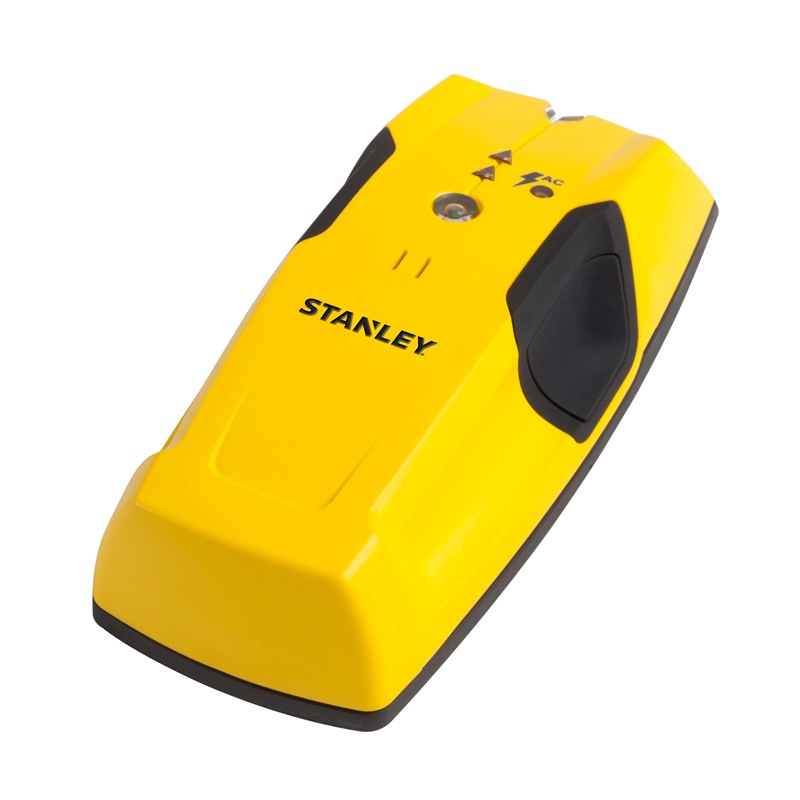Place the stud finder against the wall where you are looking for a stud. The first technique works but it damages the wall.

Details About New Stanley Stud Finder With Laser Intellisensor Pro
How does a stanley stud finder work. When pointed at an empty wall the sound takes longer to bounce back than it does when it is in front of a stud. Before there were stud finders either you pounded a small nail into the wall until you hit a stud or you used a small pivoting magnet. The coils of the inductance of the electronic stud finder work at a frequency of 3 khz which gives on the one hand a weak response to unwanted signals and on the other hand good sensitivity for searching small nails and studs. Electronic stud finders changed all that. Slide the stud. They give you an amazingly accurate view into the wall and show you exactly where each stud is.
The magnet would help you find nails that had been driven into a stud. When the stud finder alerts you to a studvia a beep or flashing light depending on the finder in questionretrace the last few inches with the unit to double check where the alert is occurring. How to use a stanley stud finder step 1. Hold the tool at the height where you. Turn on the stud finder. Stanley layout tools product manager spencer maheu reviews how to calibrate and use your new stanley stud sensor.
So this is how a stud finder works. Basically the radar in the stud finder shoots out a radio wave that bounces back once it reaches an object. Any stud finder will work well however they all work differently. For digital copies of the stud sensor man. The magnet technique is slow. Your stanley stud finder is powered by a 9 volt battery.
When you turn it on a green.





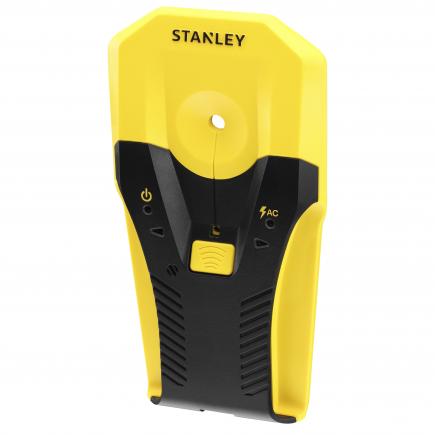






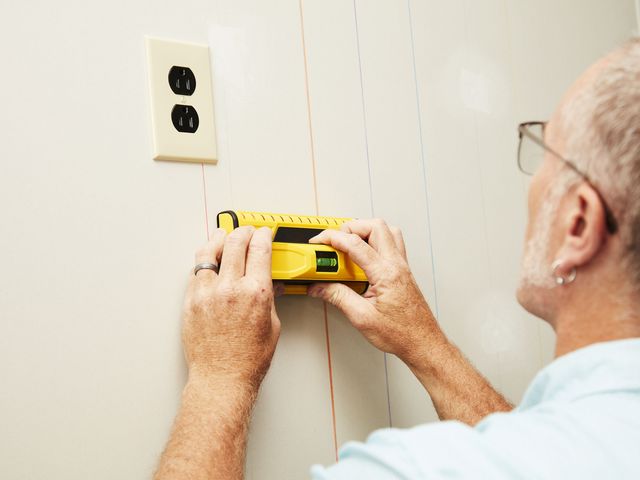
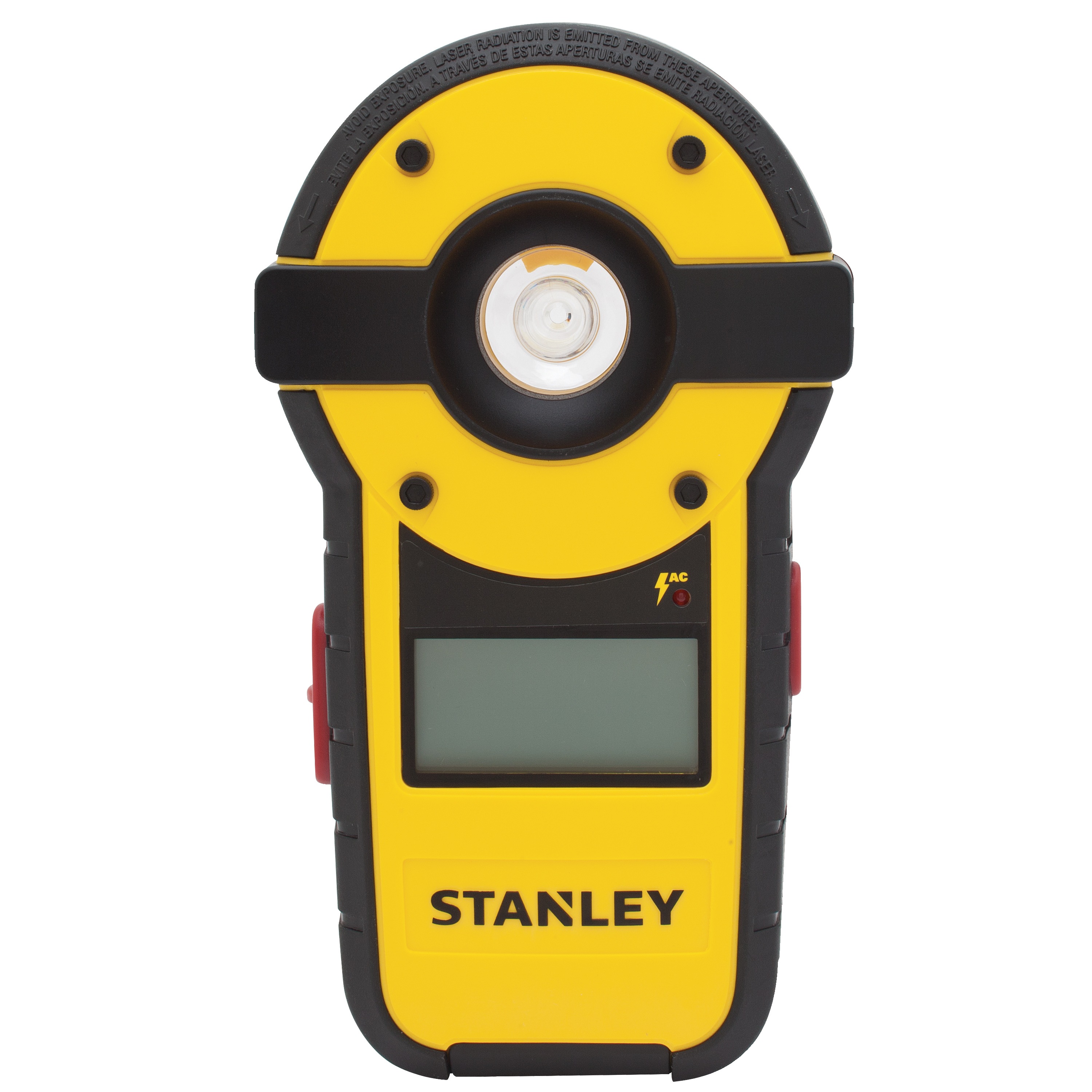
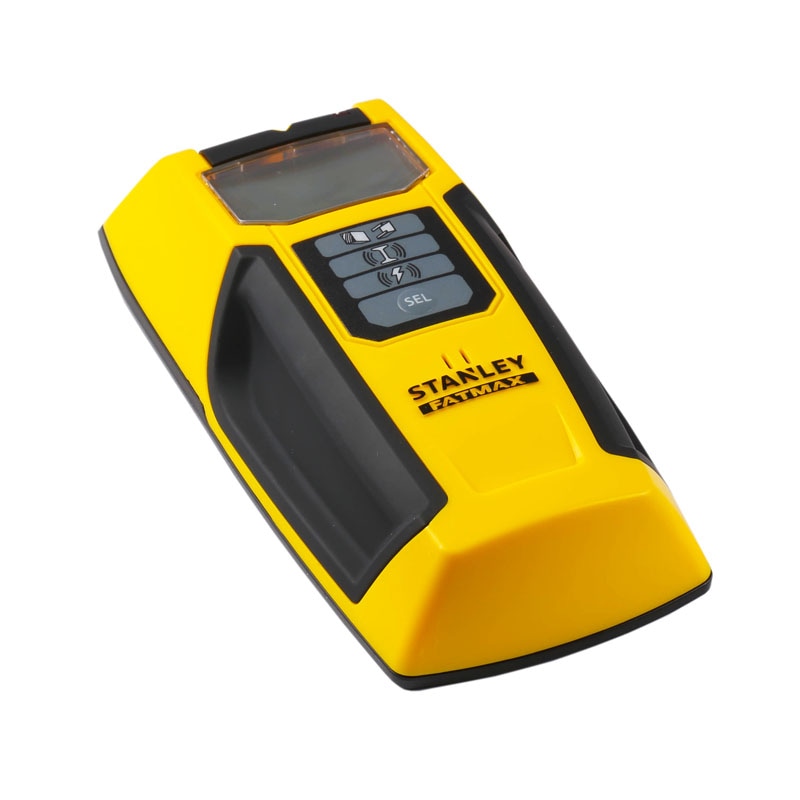

%2C445%2C291%2C400%2C400%2Carial%2C12%2C4%2C0%2C0%2C5_SCLZZZZZZZ_.jpg)
